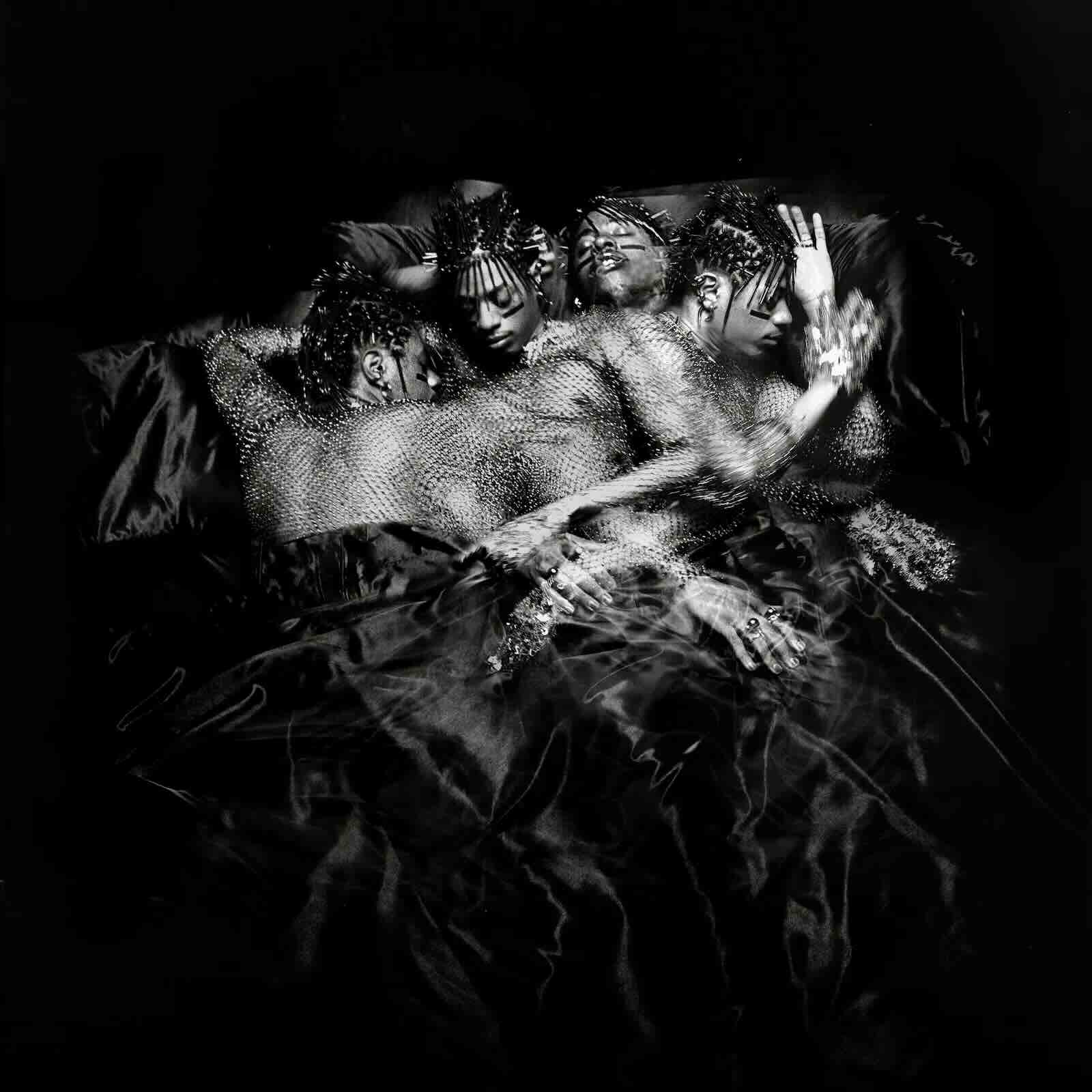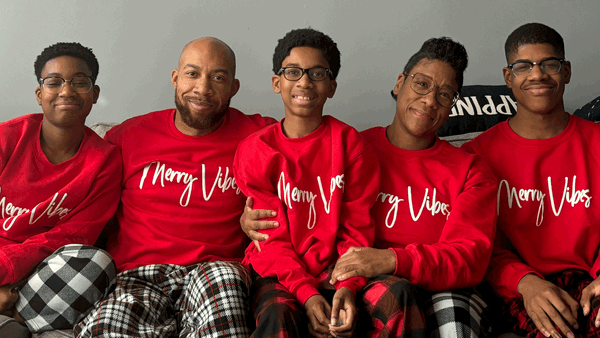Music Review: How Do You Sleep At Night? With You
Last year, I stumbled across an artist named Teezo Touchdown. Immediately, I had to check my assumptions and suppress my reaction to how he presented himself.

I've forgotten that musicians are artists first and musicians second. Music is but a medium. Their genre, persona, and life experience shouldn't define them as much as the art they choose to share does.
It's no secret that we all think "our" generation's music is the best music. For those of us who hold the 90s in high esteem, we often cite the reason as a unique time of musical diversity. It felt like, musically at least, we really gave each other a chance to sit at each other's musical table. It didn't spare some from the stigma of being fans of and listening to "other" music. But I think some 30 years later, we have witnessed the result of that eclectic soundscape.
Last year, I stumbled across an artist named Teezo Touchdown. Immediately, I had to check my assumptions and suppress my reaction to how he presented himself. Still, I didn't really get his music. There were moments for sure when I appreciated his artistry, but it largely struck me as performative. Four months later, upon a rerelease of his album with three additional songs, I found myself in a different headspace.
OK
Teezo kicks off his album with a punk/alternative-inspired track that also sounds like it came straight out of an episode of Phineas and Ferb. He was about 15 when that cartoon first aired. Acknowledging this correlation helped me keep an open mind during the journey I'd just embarked on. I, too, took myself back to that state of mind and happily remembered my community and genre-blurring time around that age. Squeezing my square-shaped 80s baby black teen trauma into a white suburban circle-shaped hole. When I was listening to Big Pun, my closest friends listened to Korn.
Sweet
Sweet is an endearing, insecure, and self-deprecating love song. Like much of this album, it's an amuse-bouche. Long enough to derive pleasure from but leaving you wanting more. This trend has gained popularity, with artists bucking music industry norms on song format and length. Disposing of these time-tested formulas is refreshing and allows for a more authentic expression.
Impossible
We all thought anything was possible long before imposter syndrome wormed itself into our collective consciousness. Before we saw someone else draw better, jump higher, or solve the equation faster - we thought we were the best. Teezo sings about the potential failures we face not because others are better or because the world is unfair but because we doubt ourselves. Or worse, because we just chose not to try. The lyrics are pleasantly simple, leaving little room for interpretation.
Neighborhood
At this point, the song order on his album risks being front-heavy. Track order is an important part of album design. You don't want to risk losing your listeners' attention. Neighborhood is my jam. Not because it's a rap song but because it's a narrative. He spins a sad scenario from three perspectives over a deceptively upbeat guitar riff.
Daddy Mama Drama
Lately, I find myself particularly interested in songs that put me in the shoes of my own kids rather than risk getting stuck in nostalgia for my own past. This song puts me abruptly in the present. How can I minimize those emotional swings I'll inevitably be responsible for as a parent?
At this point, the poor pacing is apparent. It's nothing egregious, but the energy and consistency never really return to the level he reached in the first five tracks. While Stranger is a nice track, I wish it was the album's original finale instead of The Original Was Better, a genre-bending track that takes a sudden EDM twist two-thirds in.
Disc 2 on the rerelease is made of 3 new tracks. Out of Respect feels like he's trying on a different persona. The album is short on features, but this song sounds like he spent the weekend with Danny Brown and decided to hit the studio and try something new. Perhaps featuring Danny on the track would have made it more convincing. Finally, there's Third Coast, which strikes me as maybe a surrender to the label. It's more bubbly, with West Coast synths and funk riffs. Regardless, including these tracks brought the album to my attention again.
Without them, I may have missed some true gems from an artist who has successfully broken cultural and musical tropes. I look forward to what comes next after some new life experiences, perspectives, and maybe musical collaboration.



